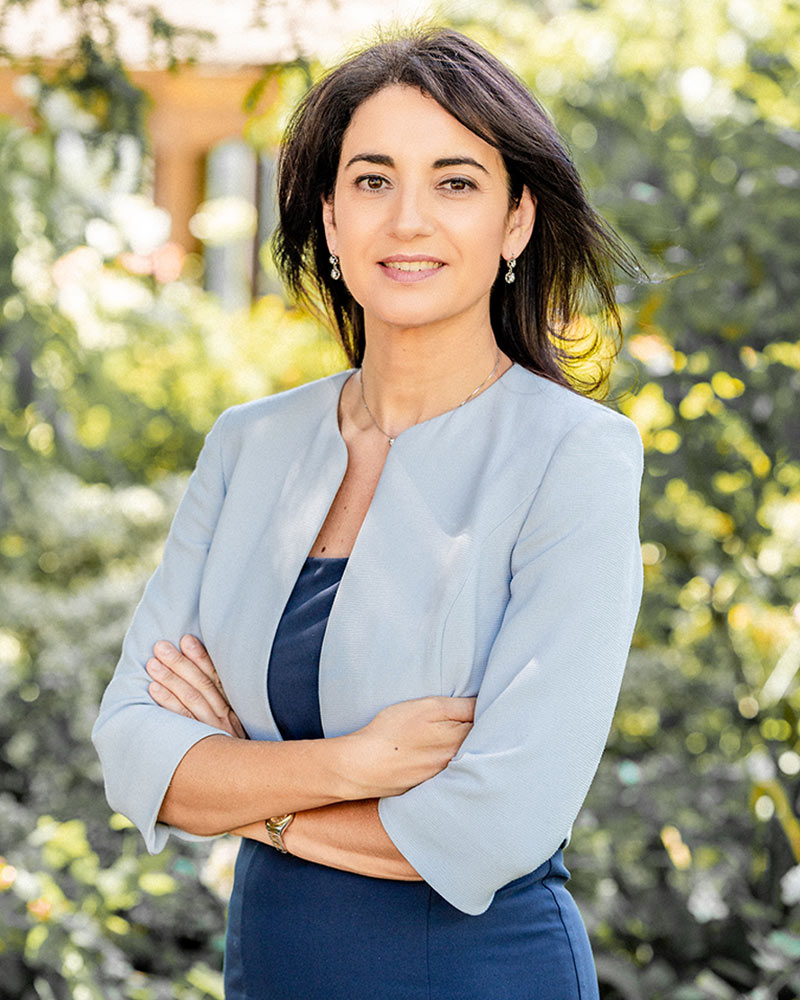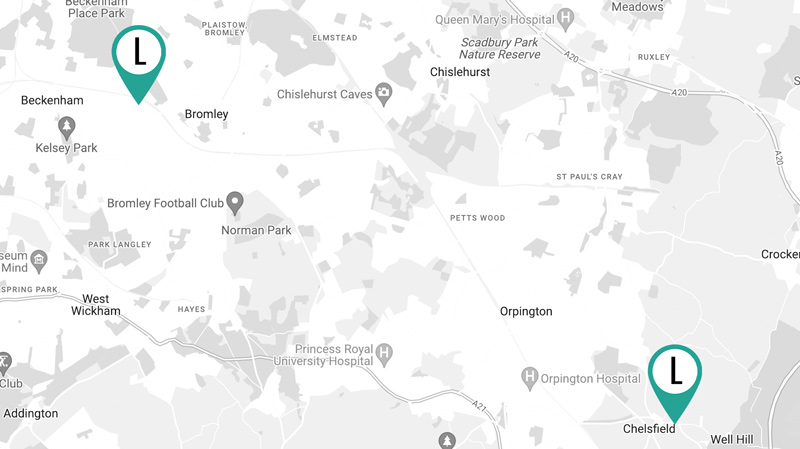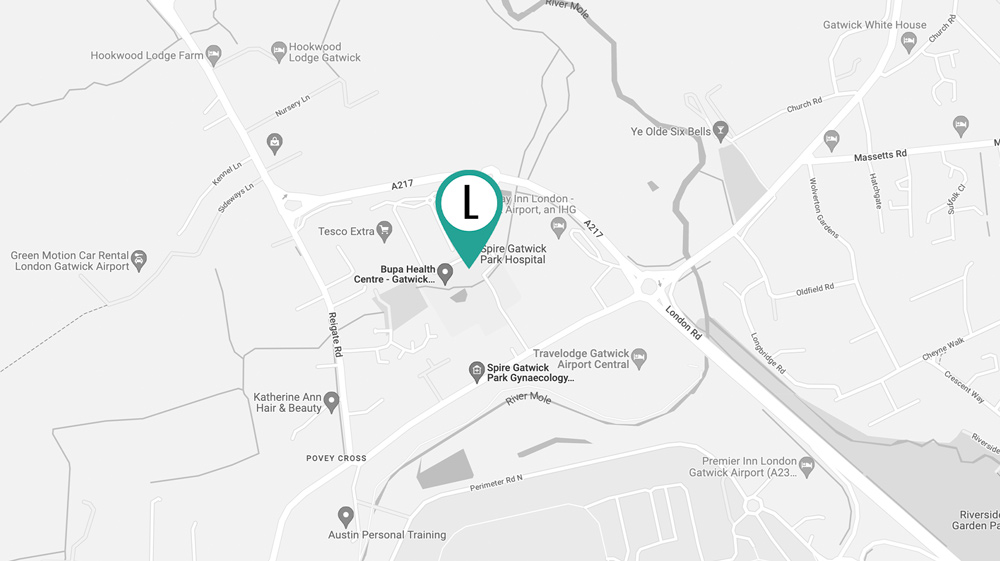Reverse cataracts and enjoy clear vision
Quickly discover more about this condition and how we treat it
You don’t need to live with poor vision
We’ll help you get the vision you need in 3 steps


Get in touch
Waiting for treatment is frustrating. I can help you avoid the long waiting lists and start living with better vision today. The first step is to give our friendly team a call on 07943 872888 or book a free assessment online now.


We’ll meet
At your appointment, I’ll answer your questions and give you a personalised recommendation based on your needs and lifestyle.


REGAIN YOUR FREEDOM
I’ll be with you every step of the way as you move forward with your life with better vision.
What our patients say…
We’ve helped thousands of happy patients in Surrey and Kent gain freedom with eye surgery

★ ★ ★ ★ ★
“I would like to thank you all for looking after me so well. This was the first time I had ever had any treatment to my eye and whilst somewhat tense about the procedure I can honestly say that it went like clockwork.”

★ ★ ★ ★ ★
“Thank you and your team very much indeed for looking after me during my initial visit and the day of cataract surgery.
I didn’t know what to expect, you put me at ease and everyone was very professional-excellent job!”
We have replaced the images of real patients who provided these testimonials to protect their privacy.
We answer your questions about cataract surgery
Get a quick overview of everything you need to know about restoring your vision
What is presbyopia?
Struggling to see up close? It might be presbyopia, a common age-related condition. Learn about its symptoms and treatment options.
How long does a cataract operation take?
Curious about cataract surgery? It’s quick and effective, taking just 15-30 minutes per eye! Learn more about the procedure and recovery.
How do I choose the right surgeon for my private cataract surgery?
Choosing the right surgeon for your cataract surgery is crucial! Discover tips to find the best specialist and ensure a successful procedure.
Discover the number one mistake patients make when choosing cataract surgery
Most people have surgery to fix their cataracts without knowing all their options. Unfortunately, too many only find this out after they have surgery. The information in my free cataract surgery guide could save you frustration and regret. Click the button below to give us your email and we’ll send you this life-changing guide.
Academic resources on cataracts
Learn more about cataracts from authoritative sources. These links will take you off our website.
Affiliations and memberships
We are proud to be a part of these professional bodies

Hello, I’m Lucia Pelosini MD, your eye surgeon in Surrey & Kent
My vision is to provide my patients with warm and personalised guidance through their cataract surgery journey from start to finish. I run a highly individualized service to treat discerning patients with presbyopia (aging eyes) and cataracts who want the best treatment and technology available.
Ms. Lucia Pelosini
Consultant Ophthalmic Surgeon,
MD, MRCSEd, FRCOphth, CertLRS














